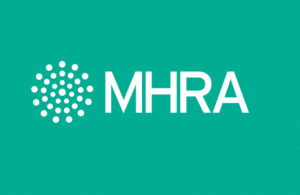UK medicines regulator joins up with Australia, Canada, Singapore and Switzerland regulators
The Medicines and Healthcare products Regulatory Agency (MHRA) is the latest regulator to join the Australia-Canada-Singapore-Switzerland (ACSS) Consortium.

To accommodate the MHRA joining the group will now be known as the Access Consortium.
The aim of the group is to provide patients with timely ‘access’ to high quality, safe and effective therapeutic products across the five countries. This is accomplished by Access partners working together, aligned by high standards of scientific rigour and integrity, with reduced regulatory duplication.
The MHRA is one of the world’s leading regulators of therapeutic products and will bring additional resources and expertise to the well-established collaboration group. The MHRA will officially commence working with Consortium partners as a full member from the 01 January 2021 with a period of shadowing before then.
The addition of the UK brings the combined population of countries participating in the Consortium to approximately 145 million. Pharmaceutical companies that submit applications to some or all of the five Access countries will benefit from having their products evaluated for marketing in those countries simultaneously with reduced evaluation times.
To date, the Consortium has successfully completed joint reviews of both innovative and generic medicines, and has received a significant number of additional expressions of interest from sponsors intending to file through our collaborative pathway that now will include the UK.
Access will update the guidance for industry on how to apply to have products considered for marketing authorisation across the five member countries, including the UK. The guidance will be available on 01 January 2021.
Consortium regulators welcome the UK into our partnership. The MHRA is delighted to be joining - this is a significant step for UK medicines regulation and for patient health. With the addition of the UK, Access will increase international cooperation and bring more timely access to medicines to an even larger population.